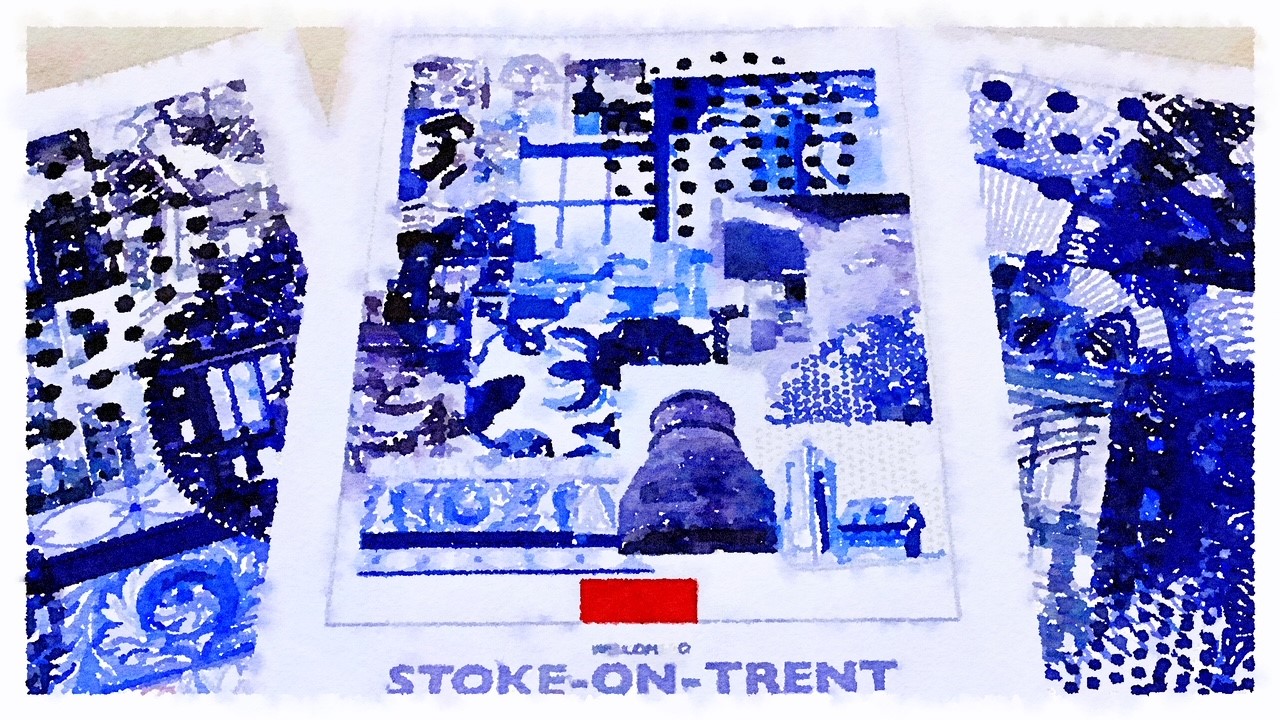
Last week, Rishi Sunak called for a General Election to be held on Thursday 4 July 2024, saying it was “the moment for Britain to choose its future”. Our C3 members have their on thoughts on what this future ought to look like, and what they see to hope in various party manifestos. Here are some:
Carola Boehm, Professor of Creative Industries and Creative Communities at Staffordshire University:
“As Prime Minister Rishi Sunak announced the UK general elections, all I could think about was: Could this be the return to “Cool Brittania”? I arrived in the UK at the beginning of 1997, and thus, I experienced the rush of immense hope and giddiness that caught the country as Labour swept into power after a decade of austerity. This giddiness had at its core an appreciation of British creative outputs, both in terms of the biggest Creative Industries of music and film, as well as the art scene of designers. It was the time when the likes of Noel Gallagher were invited to No 10, where there was a real and explicit effort to turn the UK into a cultural powerhouse, as the Blair government recognised the cultural moment that could help the whole country get back to its feet. These were the years of Danny Boyle’s Trainspotting, Ginger Spice wearing the Union Jack at the Brit Awards, Austin Powers, and Vanity Fair covers of “London Swings Again”, Blur, Pulp and Notting Hill.
Since then, we have had various Creative Industry strategies and policies, which I would suggest are, at worst, uninformed and, at best, lack aspirations. So when this election was called, my mind snapped immediately to the question of whether any incoming government is aware of how much the creative sectors contribute to our daily lives in the UK. Will it be at the forefront of their thinking, that it was our UK Creative Industries that tended to grow faster than any other sector in the UK; that pre covid, 12% of our total exports of services were from the Creative Industries, and that boosting the Creative Industries was the fastest economic leveller than any other policy implemented, with, for example, West Midlands Creative Industries jobs growing by 38.9%, whereas all jobs only grew in that region only by 10% (Figures DCMS 2011-2017). So my hope for any incoming government is that they understand the power of the Cultural and Creative Industries and invest in the country by putting policies in place that allow us all, up and down the country, to re-imagine and experience another era of Cool Britannia. In the words of Austin Powers, we have lost our mojo, so wouldn’t it be groovy to get it back?”
Anna Francis, Associate Professor of Fine Art and Social Practice:
“After 14 Years under the current administration it is certainly true to say that I will be looking carefully at the messages of all parties concerning arts and culture and particularly arts education, and who has access to it. The latest report by the Creative Industries Policy and Evidence Centre (May 2024) set out the important role the creative and cultural industries play in health and well-being, community development, and education, but also set out the worrying statistics in terms of the underrepresentation of people from working class backgrounds in employment within every area of arts and culture.
The stripping of the arts from school curriculums, and the significant undermining of the role of arts and culture in our society that we have seen in recent years is certainly having an impact on who feels able to take up a career in the arts.
Keir Starmer’s speech at the Labour Creatives Conference, in March 2024 directly addressed these issues and I think we should all be observing with interest how this may be acknowledged within Party Manifestos ahead of the election.”
Sarah Page, Associate Professor in Social Justice and Social Learning:
“With austerity cuts and the cost-of-living crisis significantly impacting people and particularly the most vulnerable, inequalities have seemingly widened. For example, more people have needed to use foodbanks, while others have seemingly misused their privileged positions with illicit covid lockdown parties and visits to second homes when travel was not permitted. Such injustices have led the public to question the authenticity of some policy makers, who have one rule for the public and another for themselves. I wonder whether now is the time for leadership that better understands and address the inequalities gaps in Britain, and is prepared to challenge price extortions that we have been experiencing?”
– – – – – – – – – – – – – – – – – – – – – – – – – – – – – – – – –
(*) If you were the artist that designed above posters, we would love to add credits to the image. Contact us on c3centre@staffs.ac.uk

